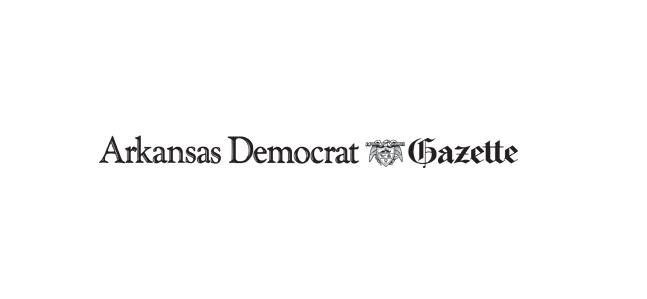Long-awaited trade talks between the European Union and the United Kingdom kicked off Monday amid deep tensions over Prime Minister Boris Johnson’s threat to walk away from the negotiations if not enough progress is made within four months.
Britain left the EU on Jan. 31, the first country ever to do so. Monday’s talks mark the start of a process aimed at securing new commercial, fishing and other ties with the world’s biggest trading bloc.
All that has to be concluded by the end of this year, according to Johnson. Given that most EU trade deals with other countries take years to conclude, there is real time pressure on the negotiators.
The chief negotiators — the EU’s Michel Barnier and the U.K.’s David Frost — held an initial meeting in Brussels on Monday before scores of officials from the two sides got down to business.
Barnier has warned the U.K. that no deal can provide the frictionless trade that membership provided.
The first round of talks will run until Thursday and will center mostly on negotiating formalities, although some discussion on the substance of an agreement is expected. The teams are expected to meet every two to three weeks, alternating between Brussels and London. Half a dozen or so rounds of negotiations are expected to take place by the end of June.
Under the separation agreement signed last year, Britain must decide by June 30 whether it wants to extend a transition period that is aimed at smoothing its departure from the bloc, of which it was a member for 47 years.
During the transition, Britain remains within the EU’s economic orbit, including its single market for trade in goods and services, even though it has left its political institutions.
Johnson has insisted that he won’t agree to extend the transition period beyond the end of this year. That means that if the two sides can’t strike a deal by Dec. 31, Britain and the EU will then trade on terms outlined by the World Trade Organization, which would see tariffs and other restrictions imposed.
The EU has said it won’t be pressured by Johnson’s demand to wrap up a speedy deal, and is keen to ensure that his government does not secure an agreement that could give Britain a competitive advantage. EU negotiators want Britain to sign up to a swath of EU regulations on environmental standards, workers’ rights and state aid.
Britain says it won’t lower its standards in those areas, but insists it won’t agree to mirror EU rules. London’s negotiating mandate states: “we will not agree to any obligations for our laws to be aligned with the EU’s, or for the EU’s institutions, including the Court of Justice, to have any jurisdiction in the U.K.”
The first potential big tussle may be on fishing rights. Johnson says Brexit means Britain takes control of its waters. The EU, meanwhile, wants to make sure its fishing fleets still have access to British waters, in much the same way as they do now.
Read the full article here

